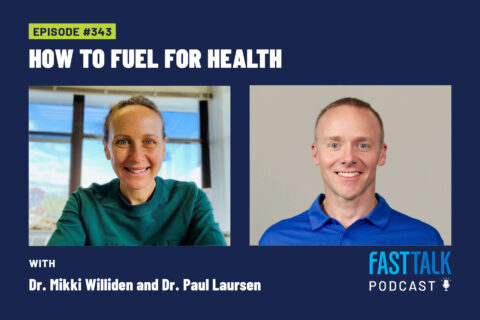
How to Fuel for Health
There’s an important difference between fueling for performance and fueling for health. In this episode, Dr. Mikki Williden and Dr. Paul Laursen give their suggestions on how to fuel for health.
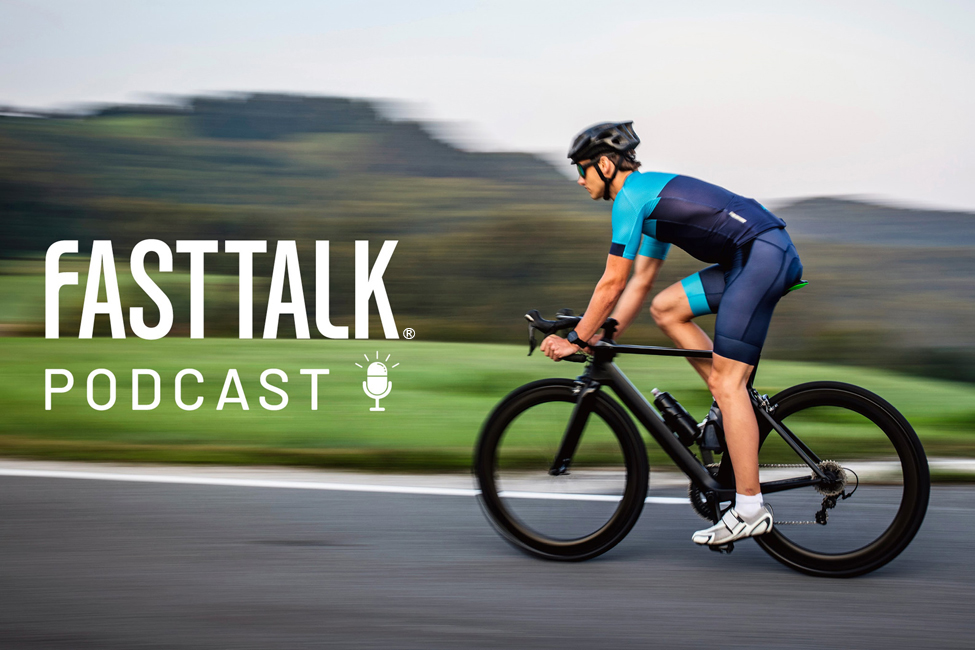
The Fast Talk Podcast focuses on the science of endurance sports in a conversational and informative style. Mixed into the deep discussions, there are tips and takeaways regarding endurance training philosophy, human physiology, workout design, performance nutrition, and sport psychology.
Our hosts Trevor Connor and Chris Case explore these topics with world-class, leading experts on endurance sports. These include researchers like Dr. Stephen Seiler, Dr. Bent Ronnestand, Dr. Inigo San Millan, as well as coaches such as Joe Friel, Neal Henderson, Stacy Sims, and Grant Holicky.
Subscribe to Fast Talk for over 389 episodes on Apple Podcasts, Overcast, Soundcloud, Spotify, Stitcher, or wherever you get your podcasts.

There’s an important difference between fueling for performance and fueling for health. In this episode, Dr. Mikki Williden and Dr. Paul Laursen give their suggestions on how to fuel for health.
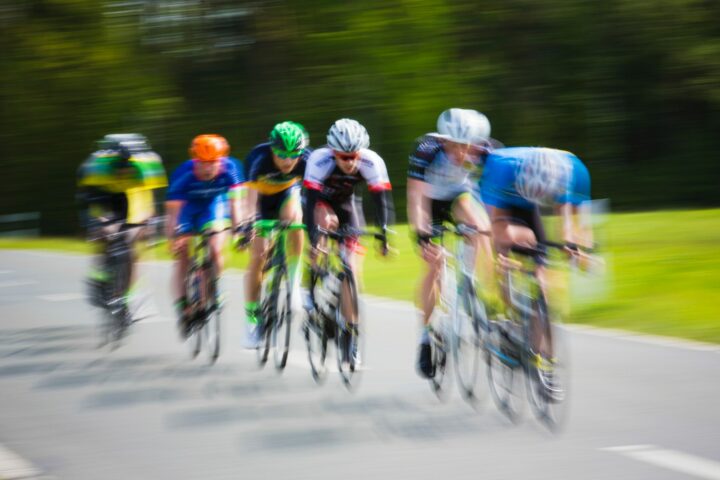
High-intensity training offers many benefits. It also has limitations. We explore just how much HIT work you need to perform at your best.
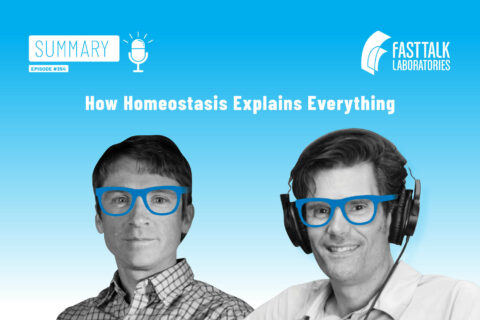
In this summary episode we discuss how homeostasis is at the core of almost every function in our bodies, including how we train and stay healthy.
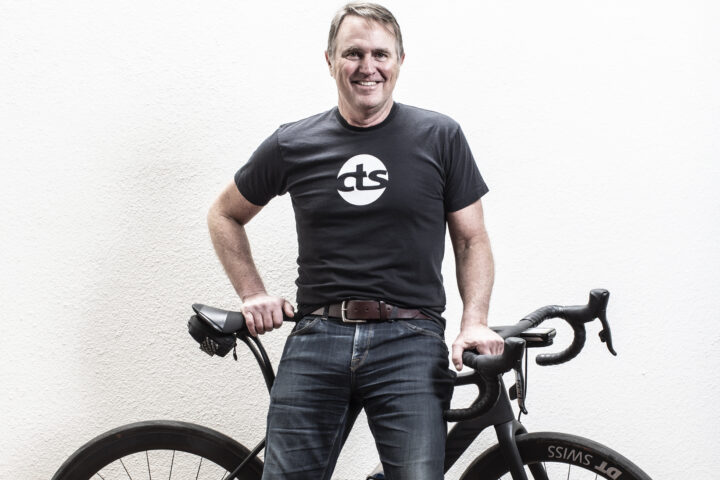
The author of The Time-Crunched Cyclist joins Fast Talk to discuss the science, merits, and limitations of the time-crunched training method.
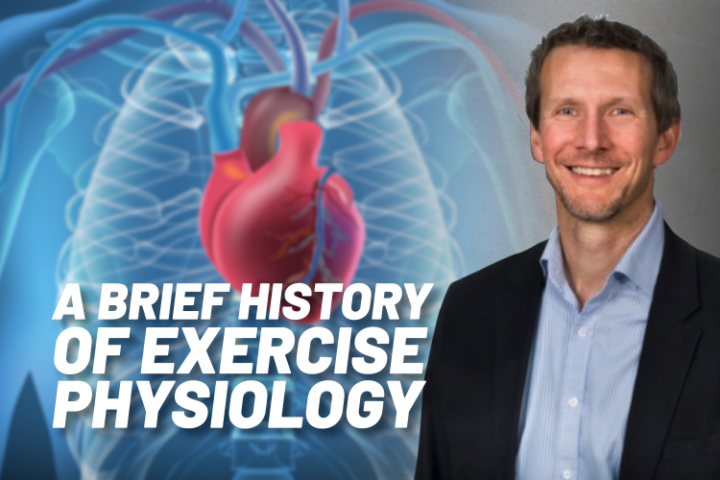
In this second part of our three-part series, Dr. Stephen Seiler gives us the history of exercise physiology research as well as insights into the inner workings of the academic world.
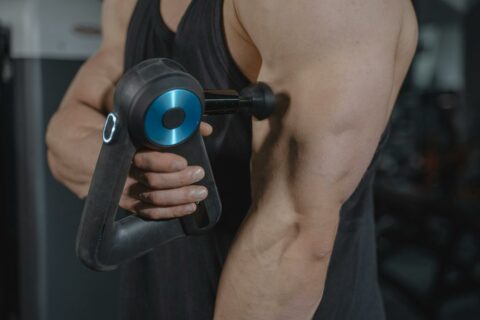
Physiologist Rob Pickels nerds out with Trevor Connor on four recent studies that span a wide range of topics, from the benefits of percussive massagers for strength work to the impact of pregnancy on elite runners. Tune in to find out more.

We have a wide range of odd and interesting topics for you in this week’s show.
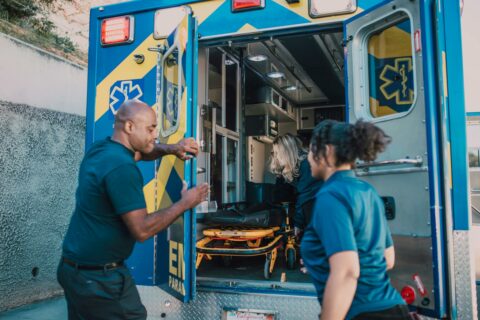
In this week’s show, we talk about marginal gains in the Tour, how best to approach training races, and what to do if you encounter an emergency mid-ride.
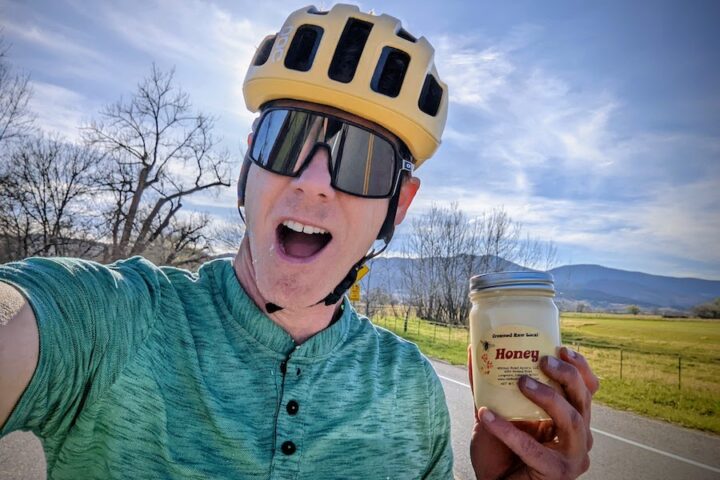
Our hosts have a “potluck discussion” about athletes’ different needs for carbohydrates, how 2×2-min intervals compare to Tabatas, and why current athletes can come back much quicker from time off.
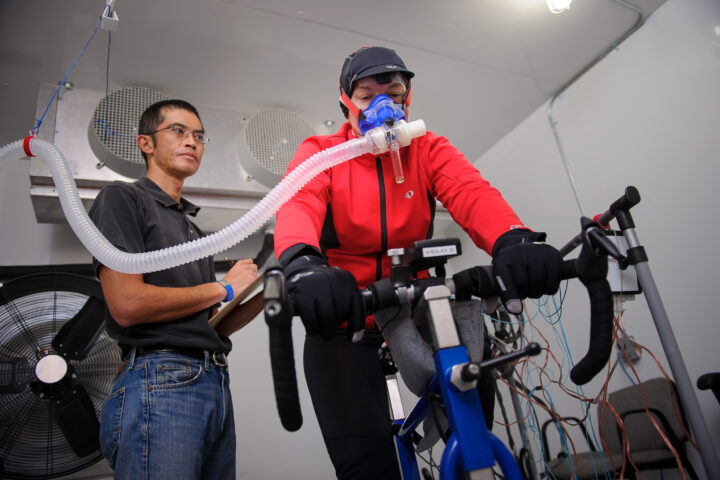
Heart rate, power, and now breathing: they all have their own languages and tools that are critical to endurance sports, but you might not have known that breathing is also trainable.

Is more better? We explore how our bodies adapt to training and why the right amount of stress at the right times is a far better way to train than going hard all the time.
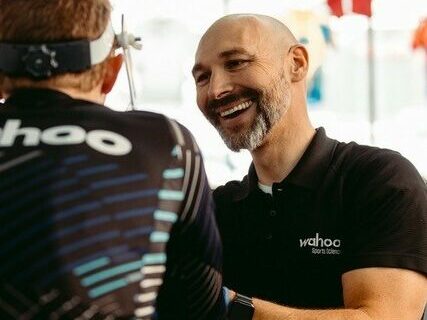
Your training is done. It’s only a few days to your big event. This is when many athletes unravel months of training with a few bad choices. Top coach Neal Henderson discusses with us how to avoid the pitfalls and get the most out of those final days.
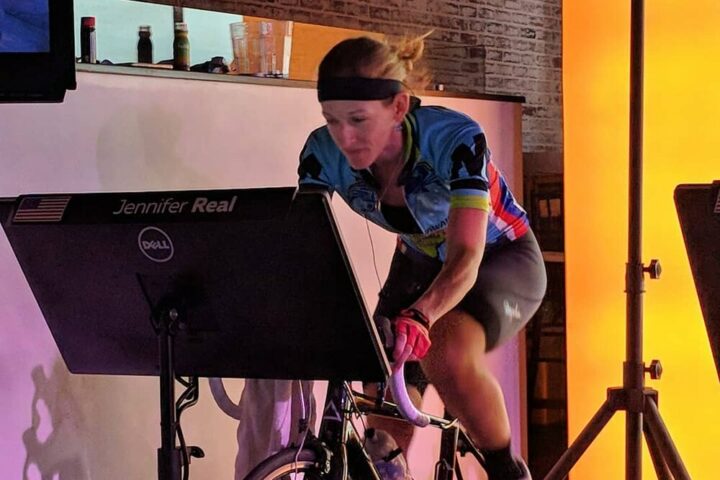
Medical doctor and elite Zwift team manager Jennifer Real talks with us about indoor training and racing, and how to achieve effective recovery including monitoring sleep and taking Vitamin D.
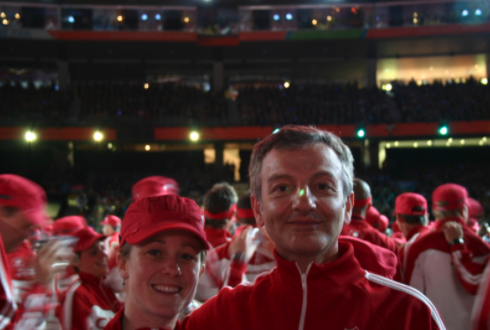
We’re joined by Houshang Amiri, a UCI Elite Coach and Trevor Connor’s coach at the Canadian National Center, to address questions about gran fondo endurance, developing anaerobic power, and how to pace 5×5 interval workouts.
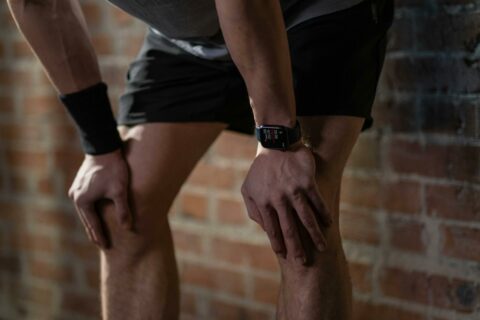
Multiple-time Polka Dot Jersey Holder, Toms Skujins, discusses lactate testing, CGMs, ketone strips, and taking his own blood on the side of the road.
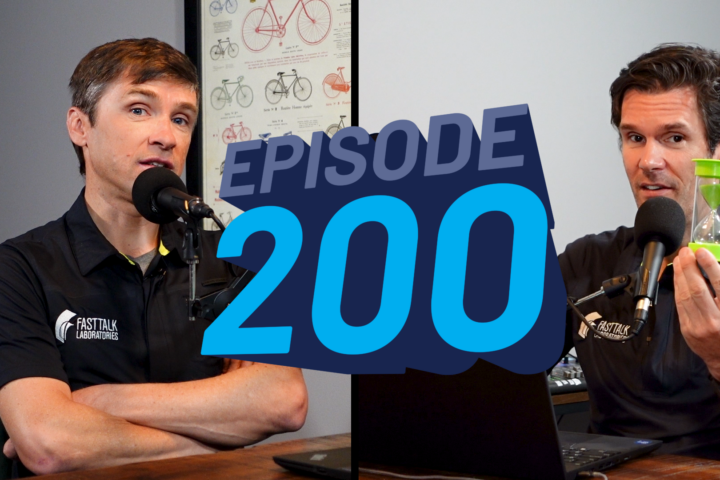
What will the future of endurance sports look like? From training to research to racing, we examine what is to come.

The author of The Time-Crunched Cyclist joins Fast Talk to discuss the science, merits, and limitations of the time-crunched training method.
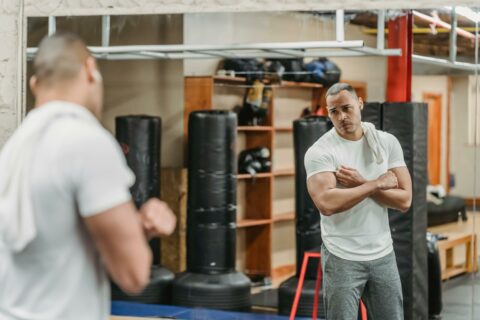
We’re joined by coach and athlete Julie Young who helps us field questions on how to build an annual training plan, coping with race stress, and overcoming body image issues.
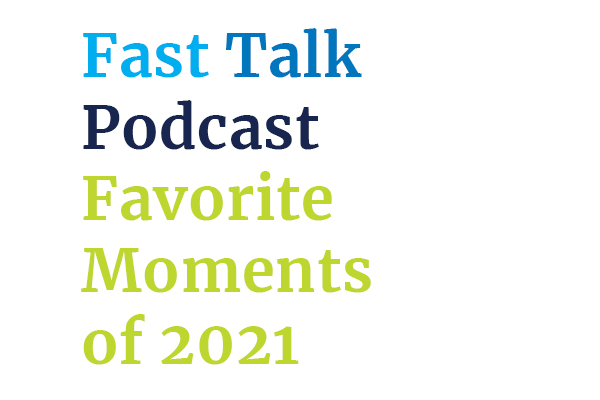
We revisit our favorite Fast Talk conversations from 2021 with a variety of fascinating guests.
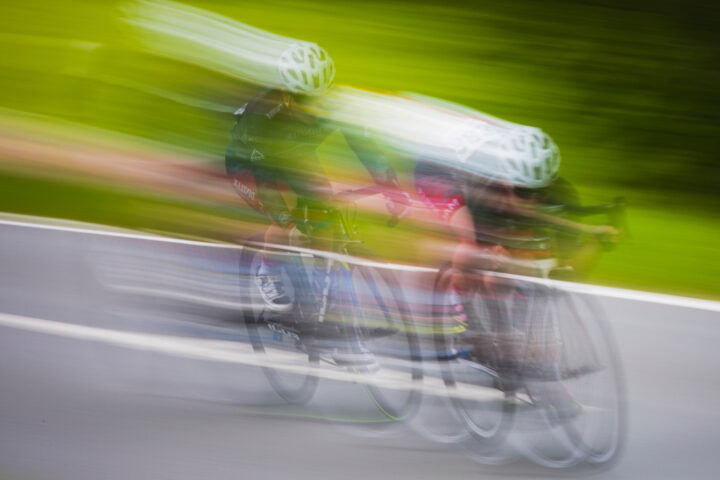
Knowing how a race or workout feels—aka RPE—is an extremely important sense for endurance athletes. With the help of top cycling coaches, athletes, and researchers, we explore why RPE may be more important than power, heart rate, and other metrics.
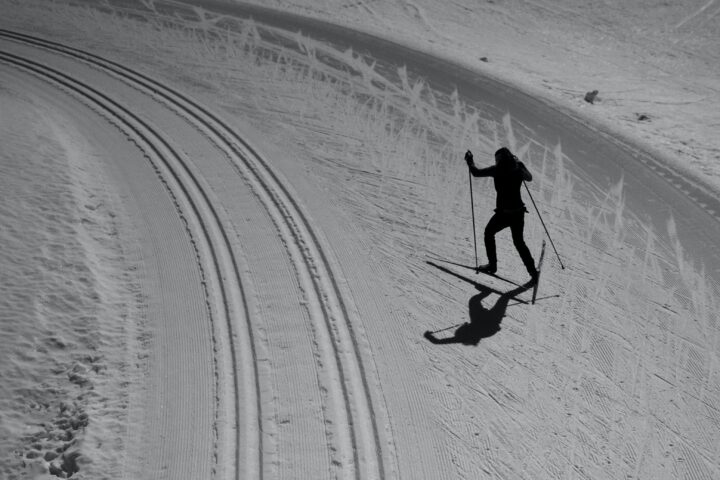
Dr. Stephen Seiler helps us explore the similarities and differences in physiology and training methodologies in running, cycling, cross-country skiing, and rowing.
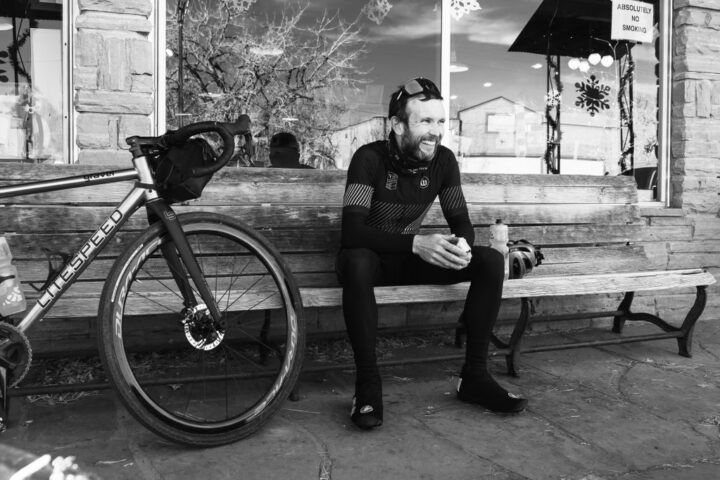
Coach and pro triathlete Joe Gambles fields questions on triathlon training distribution, running outside versus inside, event prioritization, GI distress, and knee warmers.